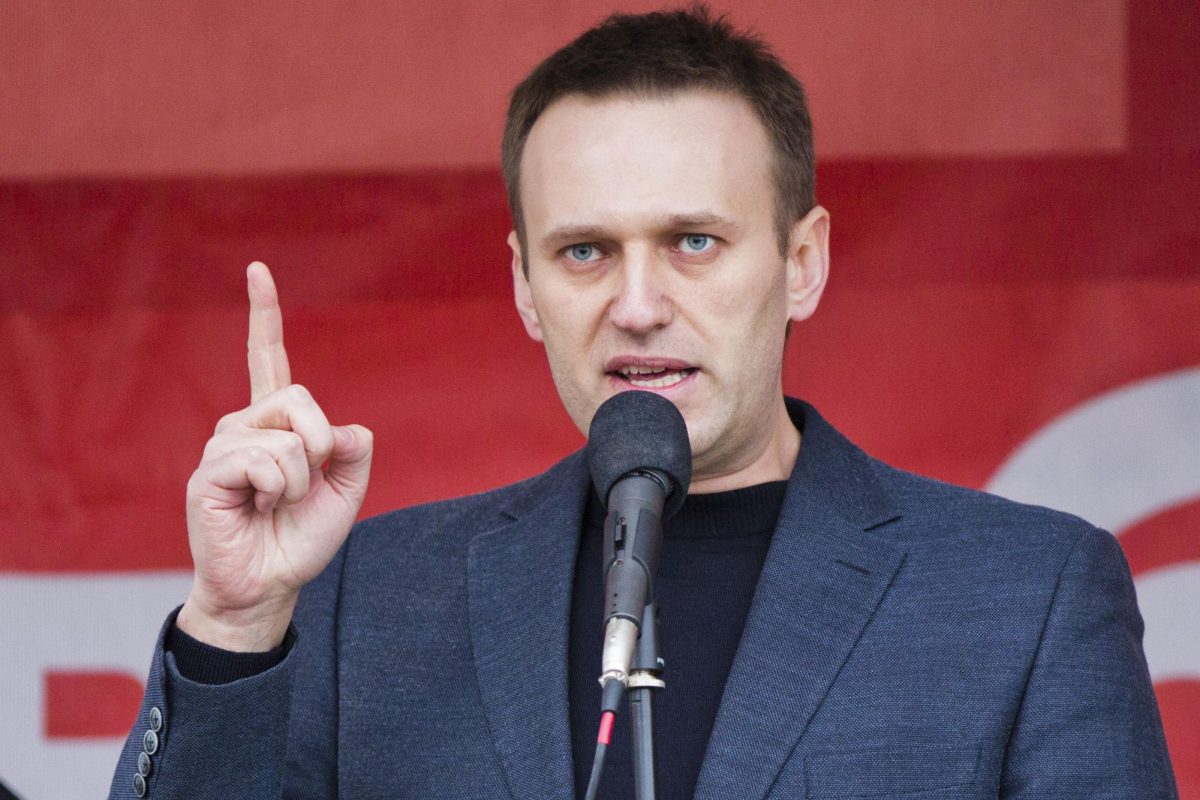On February 19, 2024, Alexei Navalny, who had been a long-time harsh critic of Russian President Putin’s reign, died in the Yamalo-Nenets Autonomous Okrug region of Russia, near the Arctic. While in jail, he was serving a 30-year sentence for allegedly inciting “extremist activities” and for rehabilitating Nazi ideology through his Anti-Corruption foundation. He later ran under the “Russia of the Future” party which was one of the few handful of parties that was not controlled in the opposition party by the Russian government. Both he and his wife were often loud in their disagreements with the Russian president.
Other critics of President Putin have said that the Russian president was afraid of Navalny because he knew that he would not have been elected if the Russian people had truly had free and fair elections. Putin’s fear of Navalny was amplified when he denied calling him by his name and giving him any acknowledgment. Putin likely stayed quiet about mentioning any names because Navalny was very popular and was known for exposing the Kremlin which is very closely aligned with the Russian government and president.
Alexei Navalny had also been previously hunted by the Russian government. One recent assassination attempt people may remember is when he was poisoned on a flight from Moscow to Tomsk, Russia. After making an emergency landing in Omsk, he received emergency care. Later on, when Alexei traveled to Berlin, German scientists discovered that he was poisoned and the mixture came from an old Soviet poison mixture. When the German scientists went public with their findings, Russian propaganda went into full effect, telling people that he fell ill because of alcohol use, fatigue, or poor diet.
After making a successful recovery in Berlin, to the surprise of his voters, he announced that he would be returning to Russia. He kept his word and shortly after making that announcement, he landed in Moscow. Authorities arrested him at the airport as soon as he landed.
The cases brought upon him were all bogus. One case was for “embezzlement,” while another one was for “violation of parole,” which was given to him when he was in Berlin. The other one was for “inciting violence” due to his very popular political marches.
Overall, this brave man turned political figure had made such a name for himself that he’d been hunted and chased by the Russian president who was frightened to lose his power to another person.













